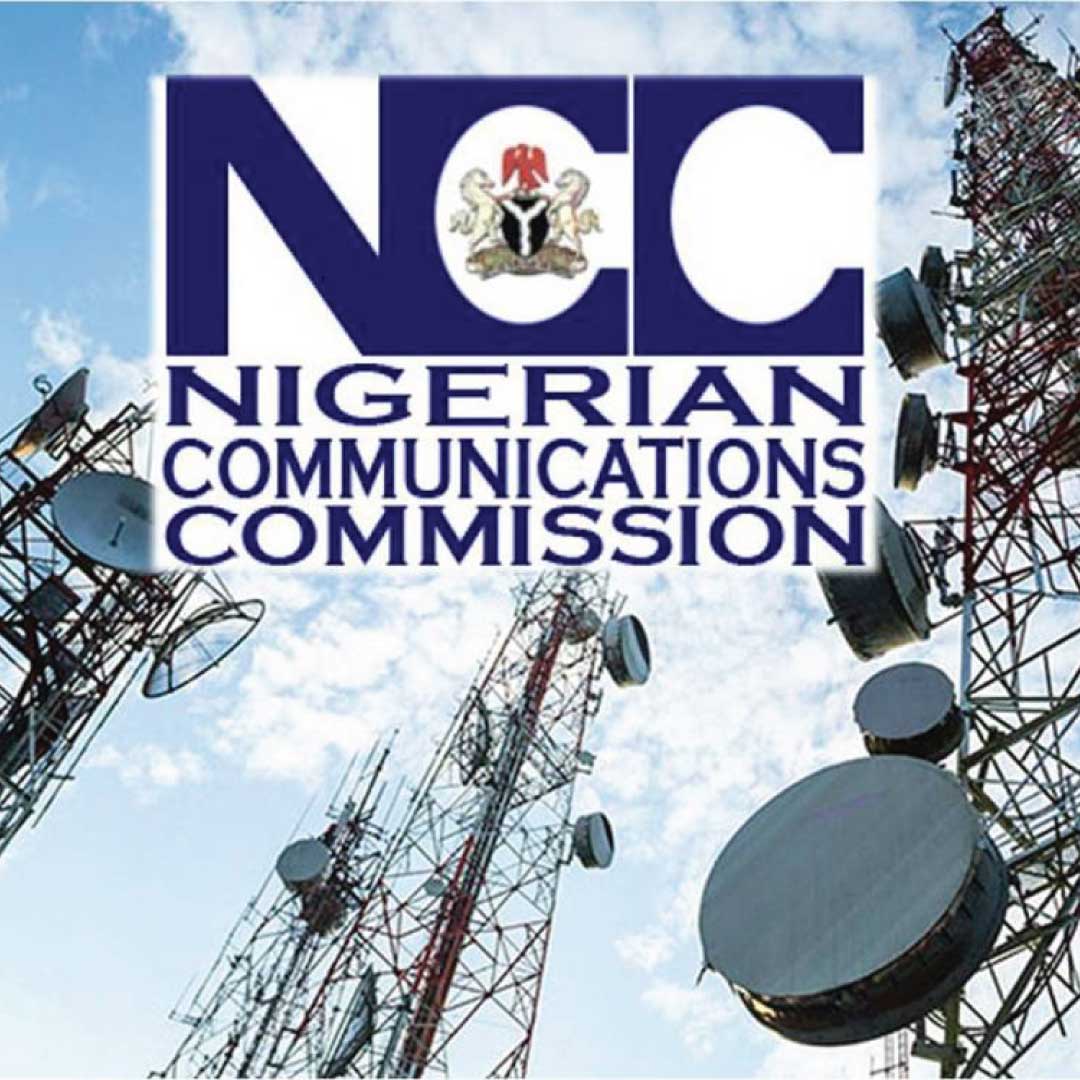In a resounding acknowledgement of the enduring collaboration between the Nigerian Communications Commission (NCC), the Swedish Government, and technology giant Ericsson, Prof. Umar Garba Danbatta, the Executive Vice Chairman and Chief Executive Officer (EVC/CEO) of the NCC, has lauded the commitment and consistency demonstrated in their strategic partnership.
This enduring alliance has significantly bolstered the NCC’s regulatory capabilities, contributing to Nigeria’s ICT sector’s growth and development.
At a workshop jointly organized by the NCC and its Swedish counterparts under the Swedish Programme for Information and Communications Technology (ICT) in Developing and Emerging Regions (SPIDER), Prof. Danbatta emphasized the remarkable strides made by the NCC in the realm of ICT. He underscored the pivotal role played by the NCC as a regulator within the West African sub-region, highlighting its ongoing efforts to adapt to the ever-evolving dynamics of the telecommunications sector.
“The workshop serves as a vital indicator of the Nigerian Communications Commission’s role as a regulator in the West African sub-region. It also underscores our unwavering commitment to keeping pace with the rapidly changing landscape of the telecommunications sector,” stated Danbatta.
This collaborative effort between the NCC, the Swedish Government, and SPIDER extends beyond regulatory matters. It has played a pivotal role in improving access to critical services such as healthcare, education, income generation, and employment opportunities in West Africa, thereby contributing to poverty reduction.
Read also: NCC encourages Nigeria telecom sector to embrace clean energy
Enhancing Regulatory Effectiveness: A Strategic Partnership
The partnership between the NCC, the Swedish Government, and SPIDER has not only strengthened the NCC’s regulatory prowess but has also contributed to broader societal development. It has facilitated capacity building, regulatory efficiency, and improved ICT infrastructure.
“This ongoing strategic engagement under the banner of SPIDER has significantly enhanced the NCC’s role as a regulator and its contribution to the telecommunications sector’s growth. This contribution will further support the creation of an ecosystem beneficial to the economies and people of the region,” emphasized the EVC.
Global Impact of ICT Regulation and Capacity Building
In her address, the Swedish Ambassador to Nigeria, Ghana, Cameroun, and the Economic Community of West African States (ECOWAS), Mrs. Annika Hahn, highlighted the global significance of ICT regulation and capacity building in driving economic development and social progress. She commended the NCC for hosting the event and fostering collaboration between the two nations.
Hahn emphasized the critical role played by ICT in Sweden’s economic growth, noting that Ericsson, one of the world’s oldest and largest ICT companies, originated from Sweden. She stressed the ongoing global technological revolution and its potential to catalyze industrial and economic development, underscoring the need for modern and adaptable regulation to navigate this ever-evolving landscape.
“To cope with this new and rapidly developing environment, we need to regulate in a modern and adaptable way. Therefore, human capacity building in ICT regulation is crucial for all of us,” asserted Hahn.
The ambassador highlighted that the COVID-19 pandemic accelerated the adoption of ICT worldwide, leading to increased Internet users and significant impacts on various sectors, including education, commerce, and financial services. She also noted the pivotal role played by e-learning platforms in this transformative process.
Furthermore, Ambassador Hahn shared Ericsson’s report, which indicated that Sub-Saharan Africa boasted more than 900 million registered mobile subscriptions in 2022, with a substantial portion concentrated in Nigeria. She emphasized that in pursuit of the ambitious goal of exceeding a billion mobile subscriptions by the end of 2023 in Sub-Saharan Africa, education must be an integral component of regulatory development strategies and policies. This underscores the need for collaboration in knowledge-sharing and the upskilling of human resources among all stakeholders.
An International Collaboration for ICT Advancement
The collaboration between the NCC, the Swedish Government, and Ericsson serves as a testament to the transformative power of international partnerships. This alliance not only strengthens Nigeria’s regulatory capabilities in the ICT sector but also contributes to the nation’s economic growth and development. It demonstrates the positive impact that shared expertise and resources can have in fostering innovation, improving access to essential services, and driving economic progress in emerging regions like Nigeria.
As the NCC continues to evolve and adapt to the ever-changing landscape of the ICT sector, its partnership with the Swedish Government and Ericsson stands as a beacon of cooperation and a driving force behind Nigeria’s ICT journey. This collaborative effort reaffirms the importance of international alliances in shaping the future of telecommunications and digital connectivity in Nigeria and beyond.
In an increasingly interconnected world, the NCC’s commitment to strengthening regulatory capabilities and expanding access to ICT services is not only commendable but also essential for Nigeria’s continued growth and development. The enduring partnership with Sweden and Ericsson serves as a model for others to follow, showcasing the remarkable possibilities that arise when nations and organizations come together to harness the power of technology for the benefit of all.
